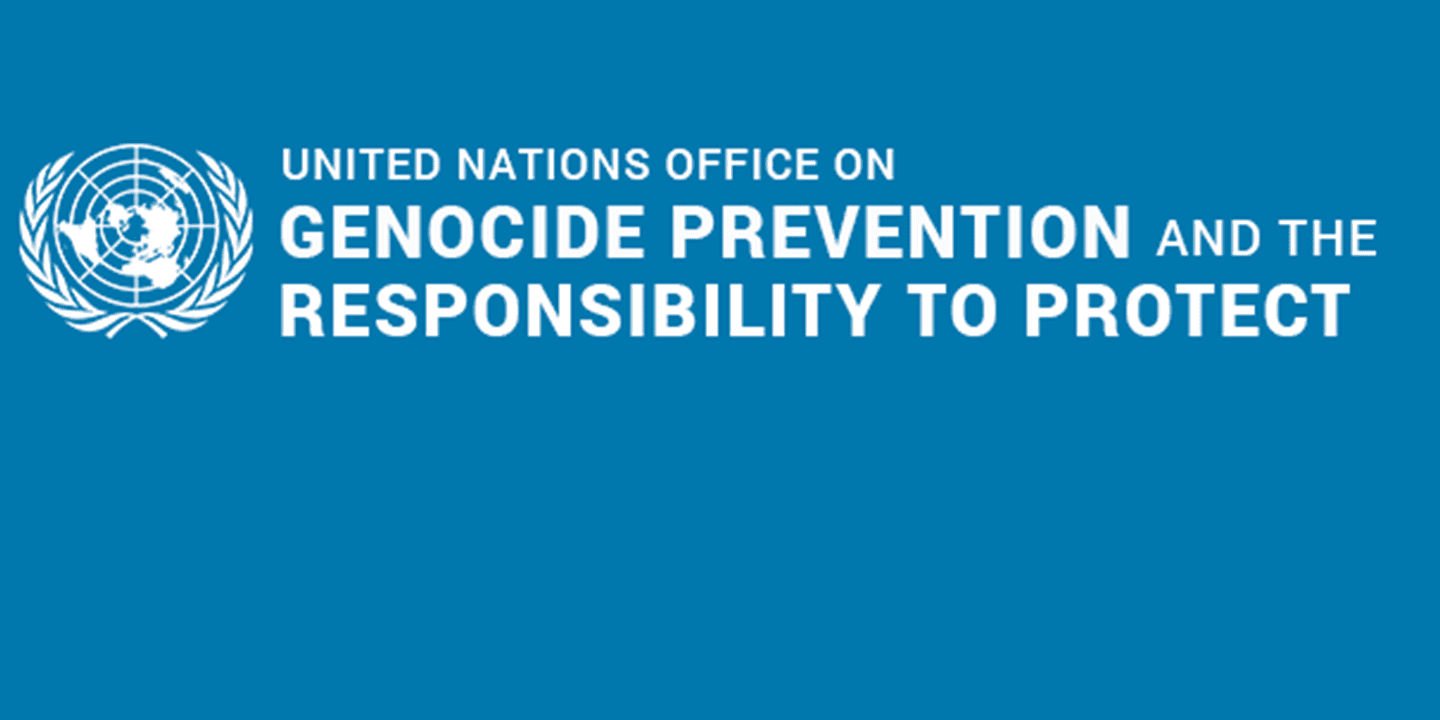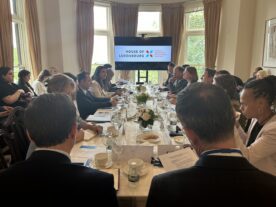
Statement by the UN Special Advisers on the Prevention of Genocide and the Responsibility to Protect on the situation in the Syrian Arab Republic
United Nations Special Adviser on the Prevention of Genocide, Alice Wairimu Nderitu, and the United Nations Special Adviser on the Responsibility to Protect, Karen Smith, expressed their deep concern over the continued crisis in Syria as the conflict marks 10 years this month. Since the start of the crisis in 2011, the Special Advisers and their predecessors have issued 19 public statements raising alarm over warning signs and alleged acts of atrocity crimes being committed in the conflict.
The Special Advisers voiced their strong solidarity with the victims of the Syrian conflict who continue to bear the brunt of what remains one of the worst crises of our time. The Syrian conflict has been marred by gross violations of international human rights law and international humanitarian law, including acts that could constitute atrocity crimes. There have been numerous documented instances of indiscriminate and direct attacks on civilian populations and civilian infrastructure, including hospitals, by the Government forces and its allies, as well as by other armed groups. The Commission of Inquiry on Syria has documented 32 instances of chemical weapons use by the Syrian government forces since the start of the conflict. Tens of thousands of civilians have been arbitrarily detained, subjected to torture and sexual violence, and an estimated 100,000 people remain missing or disappeared. Over 11.1 million Syrians are today in need of humanitarian assistance, representing almost half of the country’s population. 6.2 million Syrians are internally displaced, many of whom have been displaced multiple times, and 5.3 million have fled the country as refugees. The scale of the suffering of the Syrian people is unimaginable and continues every day, the Special Advisers stated.
The large-scale suffering of the Syrian people was preventable. The continuation of the crisis, and the consequences for the people of Syria for generations to come, is a stark reminder of the failure of the Syrian government to protect its population, and the failure of the international community to act robustly in response, in line with their commitment under the responsibility to protect.
The Special Advisers also echoed the call by the Secretary-General for a sustainable political solution to the conflict, in line with Security Council resolution 2254. This must include accountability for the victims. Without comprehensive accountability, including criminal accountability for perpetrators, but also genuine efforts towards truth-telling and reconciliation, and addressing the root causes of the conflict, the crisis cannot be fully resolved, the Special Advisers noted.
This grim anniversary should be a time for reinvigorated action, and a reminder to the international community, and the Security Council in particular, to take the action required to protect the people of Syria, who remain at risk of atrocity crimes, and to set the path for a durable solution to the crisis.
Related Content
Resolution 57/21 (Syria) A/HRC/RES/57/21
